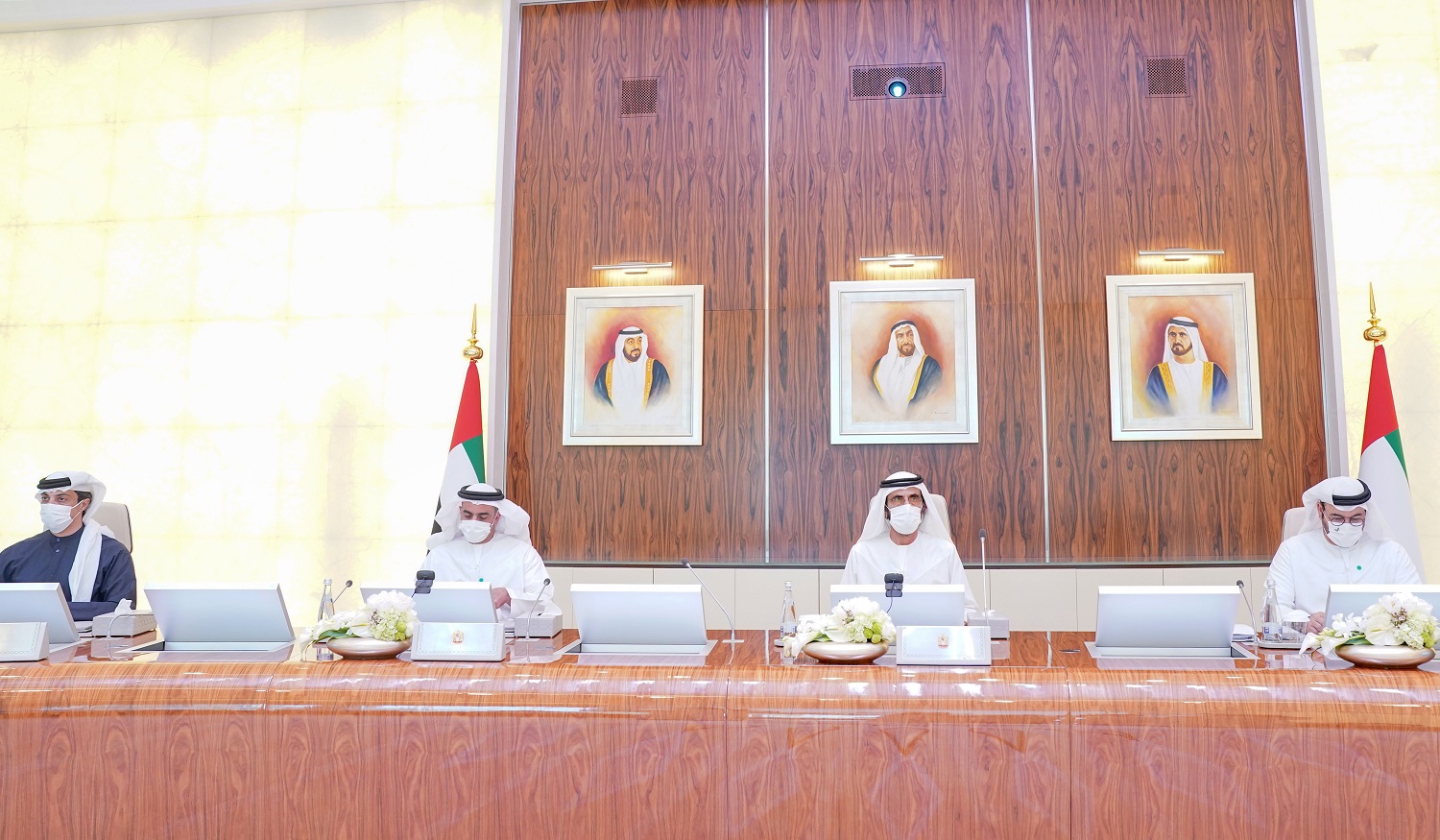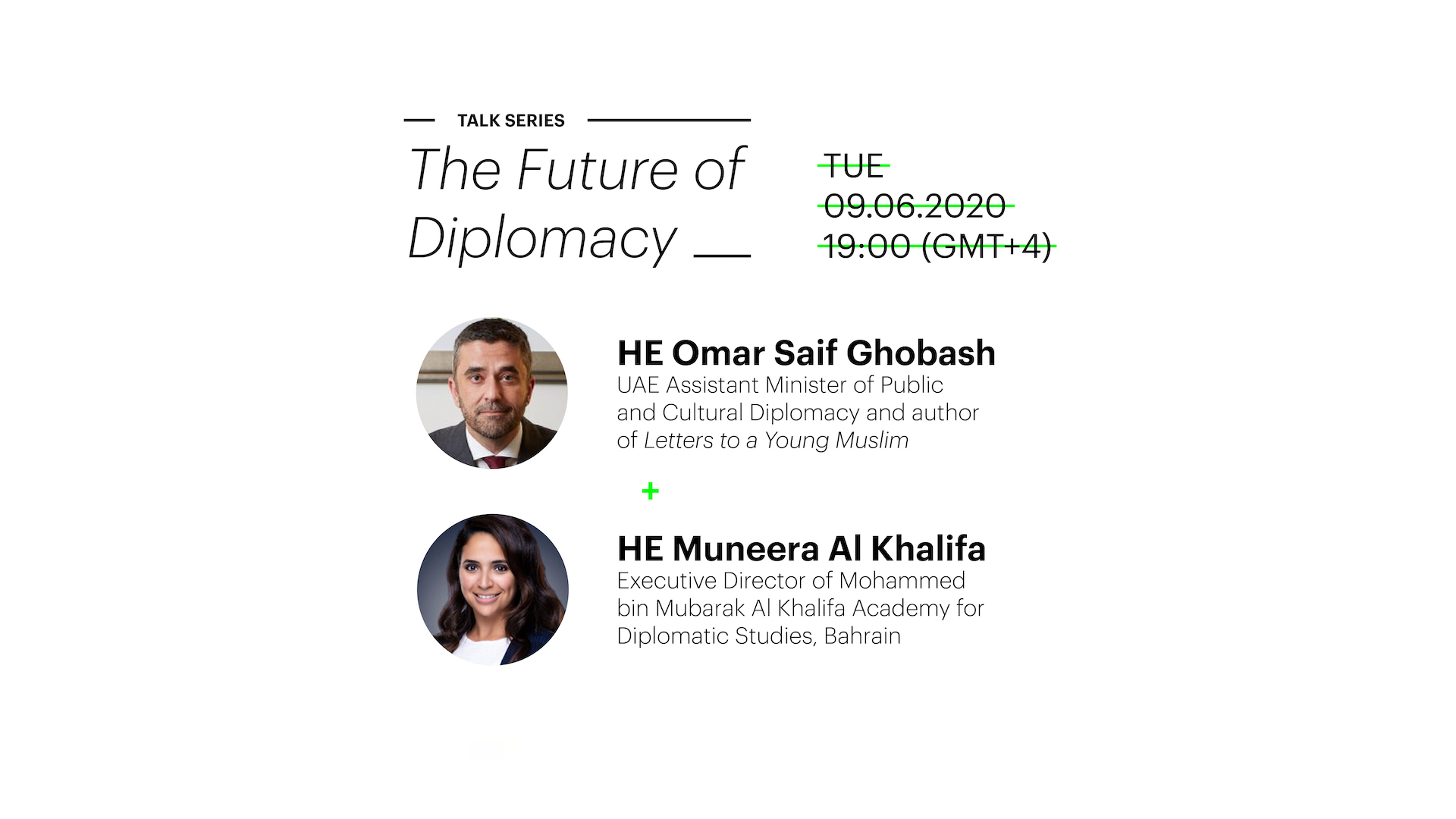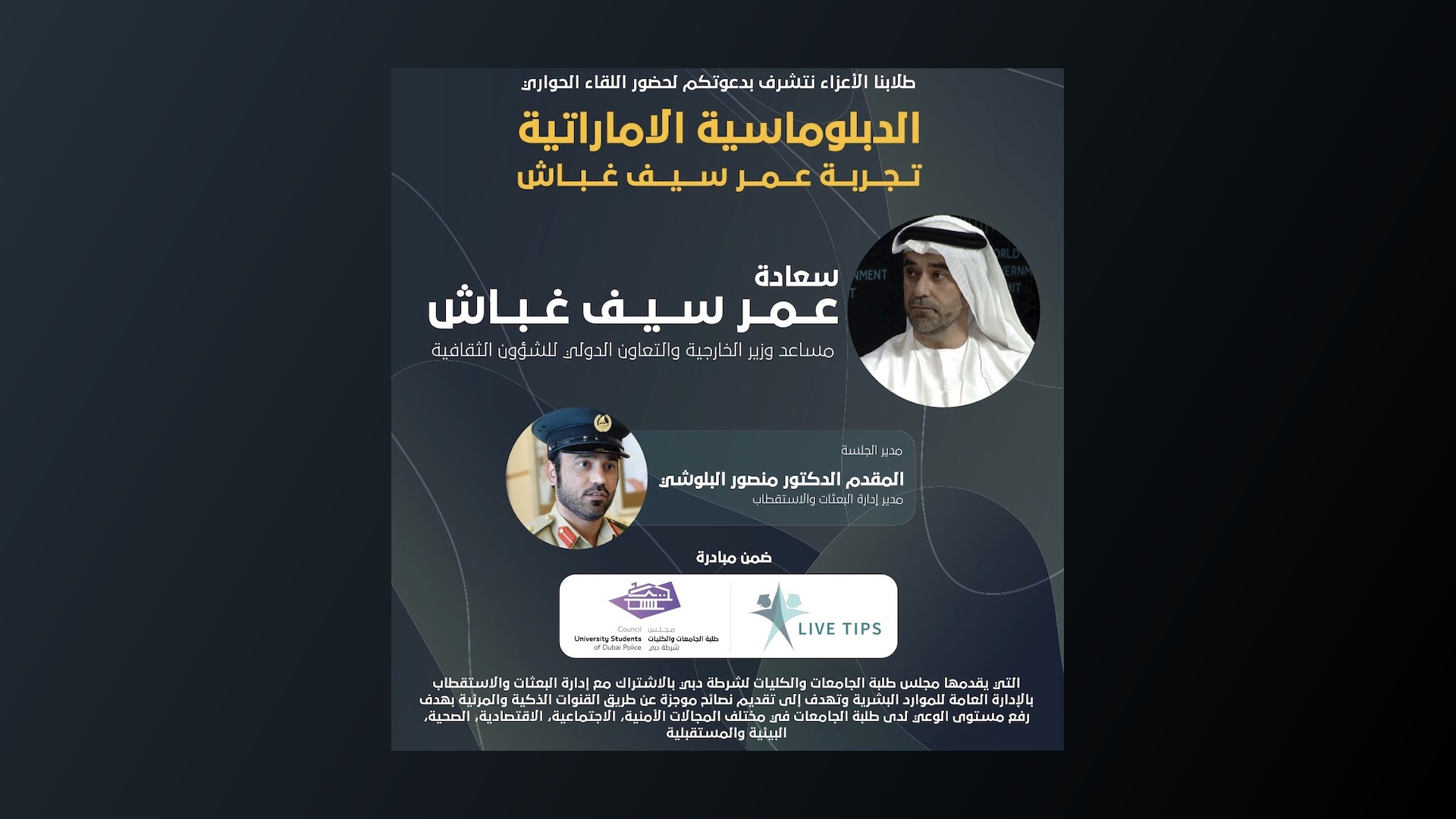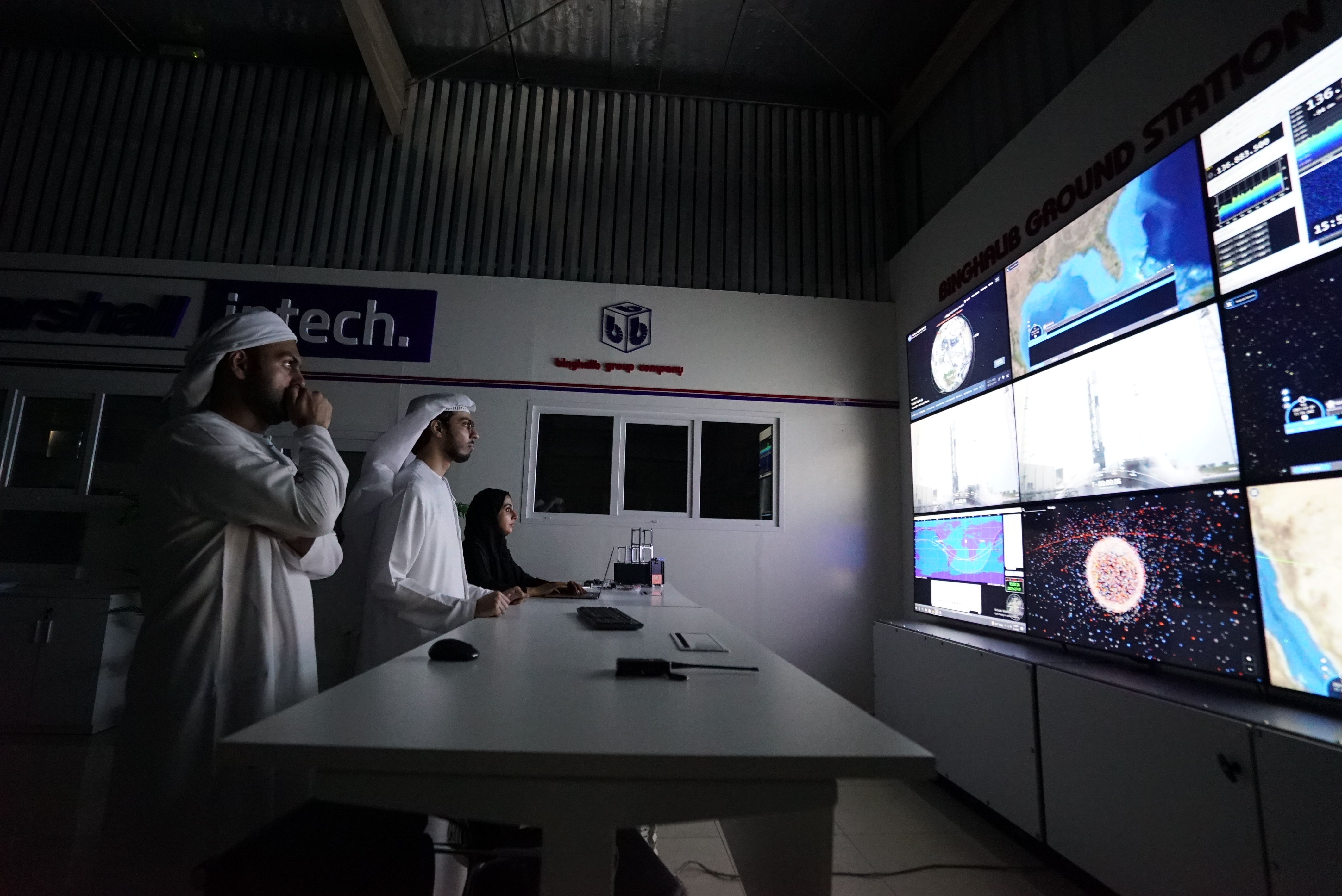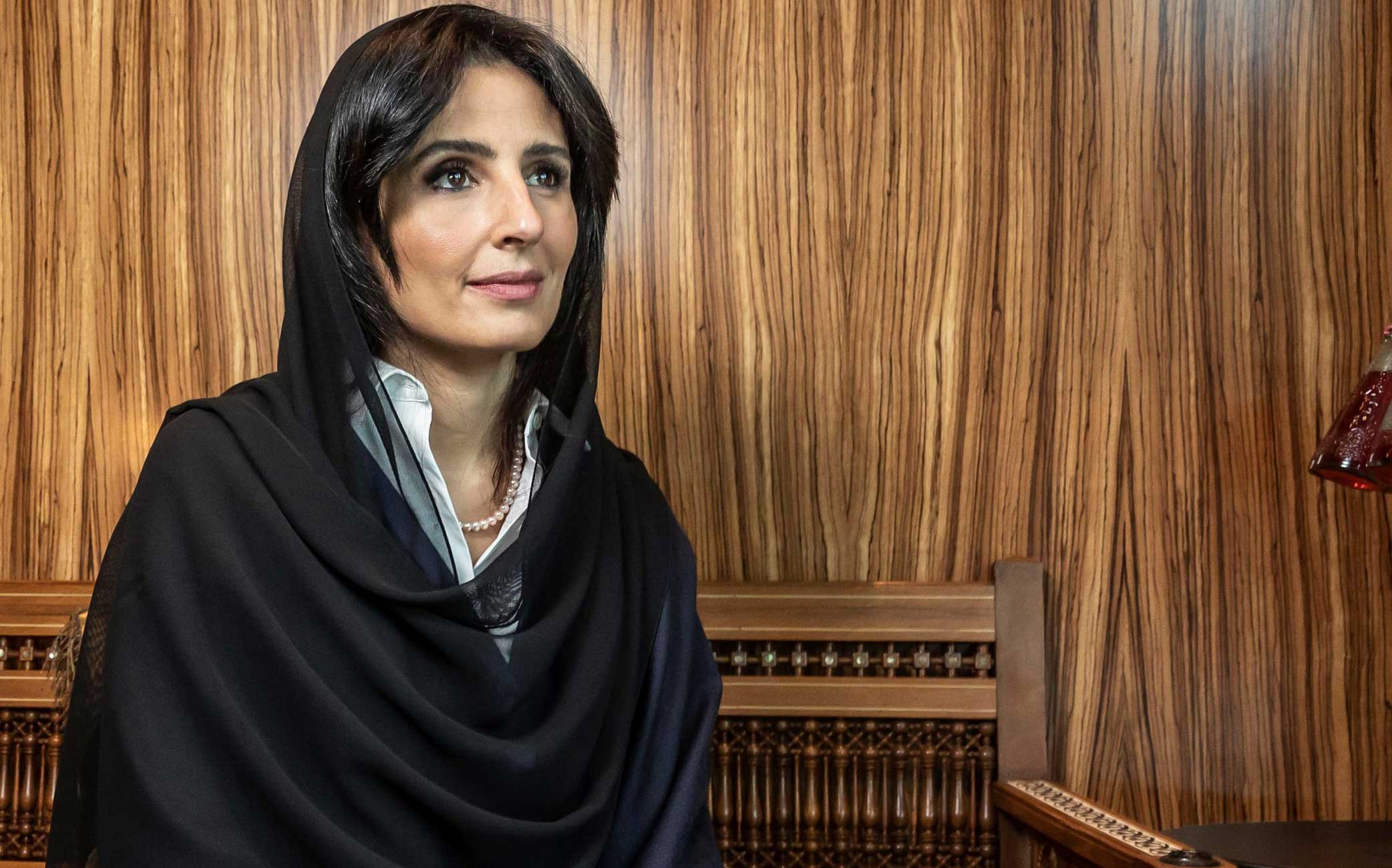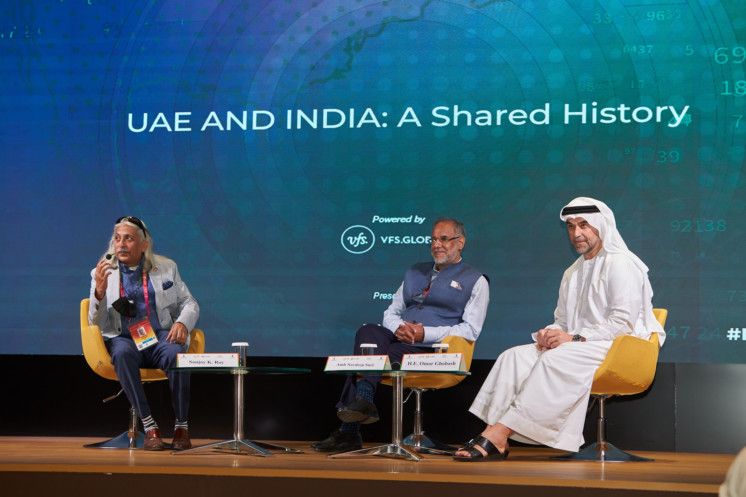The ‘UAE Circular Economy Policy’ is a comprehensive framework for determining the country’s approach to achieving sustainable governance and the ideal use of natural resources, by adopting consumption and production methods that ensure the quality of life for current and future generations.
“We have adopted the Circular Economy Policy. Our objectives are clean production, sustainable transport and consumption and efficient waste management, to protect the environment and generate new economic opportunities. We have also established a federal circular economy council to implement this strategy,” HH Sheikh Mohammed bin Rashid Al Maktoum, Vice-President, Prime Minister and Ruler of Dubai, stated.
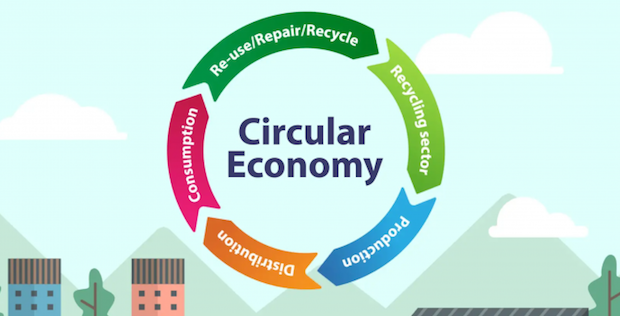
The policy comprises several key objectives, including promoting environmental health, supporting the private sector in adopting clean production methods, and reducing natural environmental stress, to achieve the country’s vision to be a global pioneer of green development.
The policy is a framework for identifying the priorities in terms of consolidating the concept of the circular economy within several priority sectors, most notably green infrastructure, sustainable transport, sustainable manufacturing, sustainable food production and consumption, in addition to other areas, such as technology, innovation and research and development while raising awareness, building capacities, establishing partnerships and cooperation platforms, and achieving comprehensive waste management.
The policy and its outcomes are expected to generate considerable economic proceeds for the country, mitigate environmental pressures, ensure the supply of raw materials, increase competitiveness, motivate innovation, strengthen economic growth and create job opportunities.
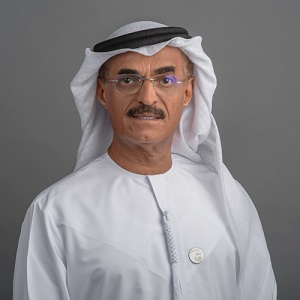
Under the same framework, the cabinet approved the establishment of the UAE Circular Economy Council, chaired by Dr. Abdullah Belhaif Al Nuaimi, Minister of Climate Change and Environment , with its members representing federal and local authorities and the private sector.
The Ministry of Climate Change and the Environment will be responsible for the council’s secretariat-general duties.
The council aims to oversee the drafting of a mechanism to implement the strategy, in coordination with relevant authorities, as well as approve performance indicators related to the strategy’s adoption, harmonise federal and local strategies within the policy’s requirements, suggest the general foundations of sectoral plans and project, encourage the participation of the private sector in projects and initiatives related to the circular economy, promote partnership between the public and private sectors, and advance scientific research in related areas.
At the end of the meeting, Sheikh Mohammed affirmed, “At the end of the first UAE Cabinet meeting in 2021, during our 50th year, we stressed that we will continue our efforts and the journey of recovery shall not stop. Health protection will remain our priority, and our community will overcome this year enthusiastically towards the future.”
